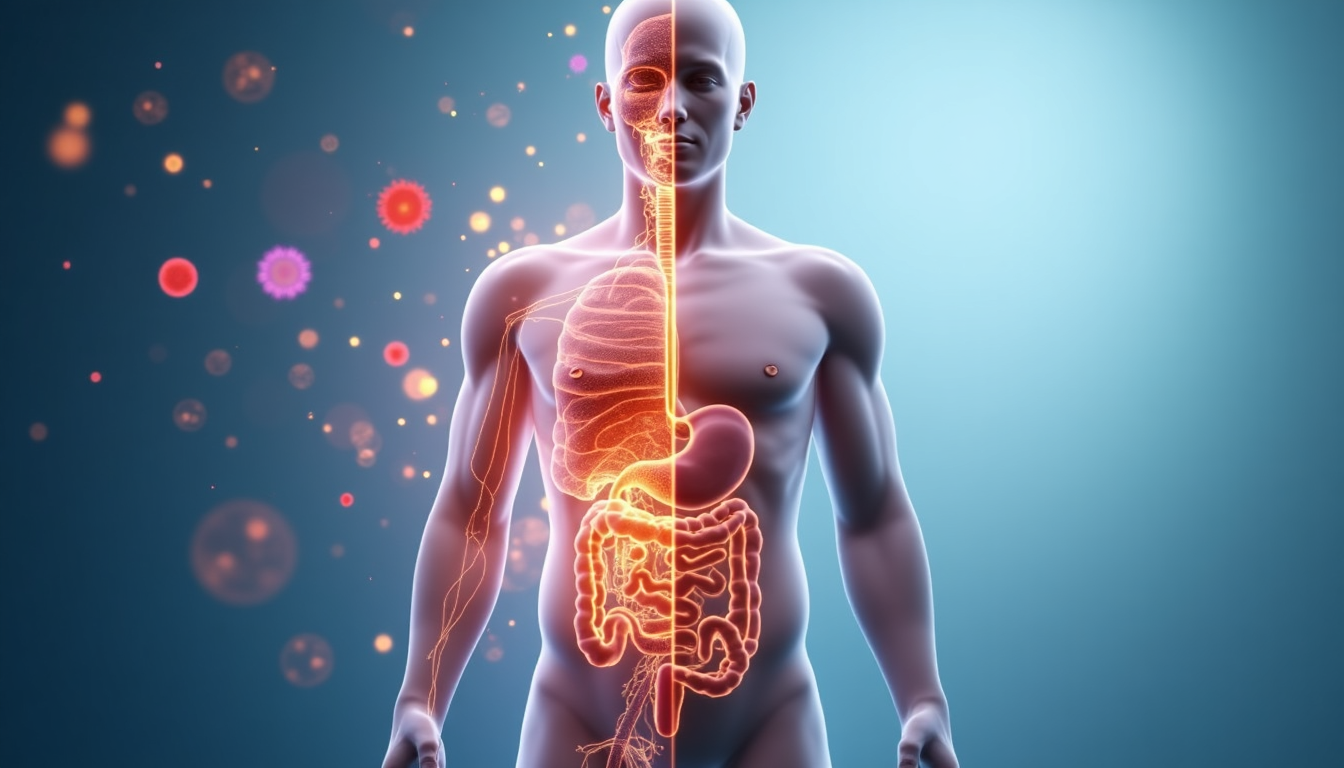
Hormone Imbalances and Sleep: Why Cortisol and Progesterone Matter
Hormone imbalance and sleep is often an overlooked relationship when considering sleep problems. Difficulty falling asleep, waking in the night, or feeling unrefreshed in the

Often overlooked, raised homocysteine is a key, yet highly reversible, driver of long-term health issues. With the right information, lifestyle changes, and gene-aware nutrition, it’s possible to bring levels down quickly and protect your future health.
In this post, we’ll break down what homocysteine is, why it matters, and how to lower it effectively.
Homocysteine is an amino acid produced as a by-product when the body breaks down methionine, a common amino acid found in protein-rich foods. Under normal conditions, your body recycles homocysteine using nutrients like folate, vitamin B6, and B12 through a process called methylation.
Methylation is essential for many bodily functions, including detoxification, DNA repair, mood regulation, and cardiovascular health. But when this process falters, often due to poor nutrition, genetic variants like MTHFR, or lifestyle stress, homocysteine can build up in the blood.
High levels of homocysteine are associated with increased risks of heart disease, stroke, dementia, pregnancy complications, and more.
Optimal fasting homocysteine levels are generally between 6–8 µmol/L. Levels above 10 µmol/L are considered elevated and may warrant nutritional and lifestyle interventions.
Elevated homocysteine levels are linked to several serious health concerns:
By understanding these risks, it becomes clear why monitoring homocysteine and taking steps to lower it is an important aspect of preventive healthcare.
Several factors can contribute to elevated homocysteine levels, often working in combination:
Understanding the root causes helps in developing a targeted approach to lowering homocysteine levels and supporting long-term health.
Lowering homocysteine effectively means targeting both its root causes and supporting the body’s natural detox pathways. Here’s how:
Testing homocysteine levels provides insights into cardiovascular and neurological risk. A simple blood test can measure the concentration of homocysteine, helping identify whether intervention is needed.
In addition to blood testing, genetic testing for methylation-related genes, such as MTHFR, MTRR and COMT, can reveal how efficiently your body processes B vitamins and manages methylation pathways. This helps tailor supplements and lifestyle changes for maximum effectiveness.
Smart Nutrition offers both blood homocysteine testing and comprehensive genetic methylation panels, allowing for a personalised, data-driven approach to optimising methylation and protecting long-term health.
Elevated homocysteine doesn’t have to be your future. With the right combination of testing, nutrition, and lifestyle support, you can take meaningful steps to protect your heart, brain, and overall well-being.
Get tested today with Smart Nutrition’s homocysteine blood test or genetic methylation test and take the first step towards clearer answers and a healthier future.

Hormone imbalance and sleep is often an overlooked relationship when considering sleep problems. Difficulty falling asleep, waking in the night, or feeling unrefreshed in the

‘Detox’ has become one of the most misunderstood concepts in modern wellness. For many people, it brings to mind juice cleanses, restrictive diets or short-term resets promising quick results. Yet the body’s true detoxification systems are far more complex — and far more intelligent — than any cleanse.

Anxiety and gut health are closely linked through the gut–brain axis. Research suggests the gut microbiome, neurotransmitters and genetics may influence stress responses and emotional well-being. Exploring gut microbiome and nervous system insights can help build a more personalised understanding of anxiety.

Strange symptoms can puzzle anyone. Your body might show signs ranging from headaches and skin rashes to digestive problems and anxiety. Doctors sometimes struggle to explain these mysterious health issues that affect millions of people worldwide.
Please do not return samples to the laboratories that may arrive after Wednesday 27th March and up to and including Monday 2nd April.
The laboratories are closed from the 28th March – 2nd April for the Easter Holiday.